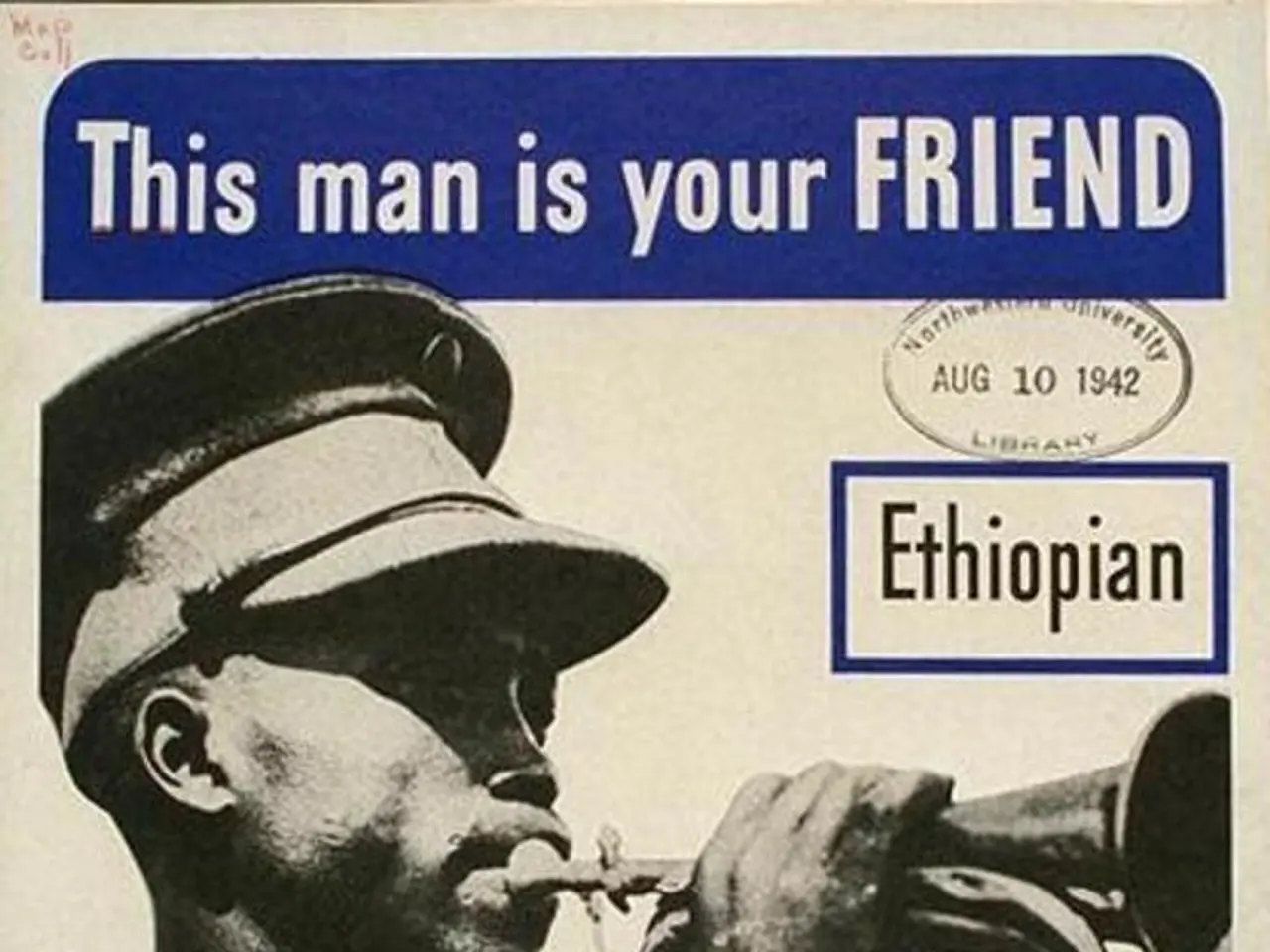Three individuals in Iran faced the punishment of hand amputation for engaging in thievery
In the heart of northwestern Iran, Urmia city has become the site of a controversial new law that has been implemented. This law, known as the draconian punishment, imposes severe penalties for certain crimes, with three individuals recently experiencing its severity.
Last year, three men were arrested for theft, with the stolen goods including several kilos of gold and jewelry. Despite numerous opportunities to cooperate with the justice system, the men reportedly refused, leading to their ultimate punishment. Last week, forensic physicians carried out the draconian punishment, amputating the hands of these repeat offenders.
The amputation of hands for repeat offenders is enshrined in Iran's Islamic penal code, a law that traces its roots back to the country's Islamic Revolution in 1979. The punishment is intended as a deterrent, but it is rarely carried out and is generally reserved for professional thieves or those with persistent criminal behavior.
However, the implementation of this draconian punishment has sparked controversy and debate. International response to this practice has been overwhelmingly critical. Human rights organizations, including Human Rights Watch, have condemned the use of amputation as "torture, plain and simple" and described it as a cruel and inhumane punishment. The practice violates international human rights norms prohibiting torture and cruel, inhuman, or degrading treatment.
Despite global condemnation, the execution of such sentences continues. This includes the recent case in 2025 where three men convicted of theft had their hands amputated in West Azerbaijan province after the Supreme Court upheld the sentences.
The Islamic legal justification for this punishment references Quranic verses such as 5:38, which mandates cutting off the hand of a thief. However, the application of this law involves interpretation by Islamic jurists (fuqaha) who traditionally balance the punishment with conditions like repentance or the value of mercy.
In summary, hand amputation in Iran reflects the post-1979 incorporation of Islamic penal law into the judicial system, with execution of this punishment reserved mainly for repeat offenders. This has resulted in harsh international condemnation from human rights groups who view it as torture and incompatible with modern human rights standards.
The controversy and debate surrounding the draconian punishment are due to its severity. While some defend the practice as a necessary measure to deter crime, others view it as inhumane and a violation of basic human rights. The discussion continues, with both sides presenting their arguments and evidence.
The implementation of the draconian punishment, which involves amputating the hands of repeat offenders, is a contentious issue in the political and general-news spheres, as it has been met with critical responses from international communities. The practice, enshrined in Iran's Islamic penal code since 1979, has been condemned by human rights organizations, including Human Rights Watch, as a form of torture and a clear violation of modern human rights standards in crime-and-justice discourse.






